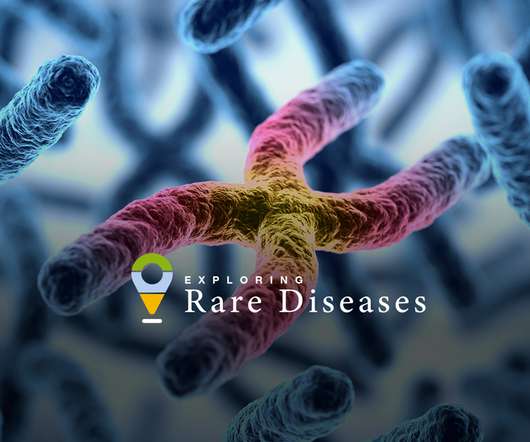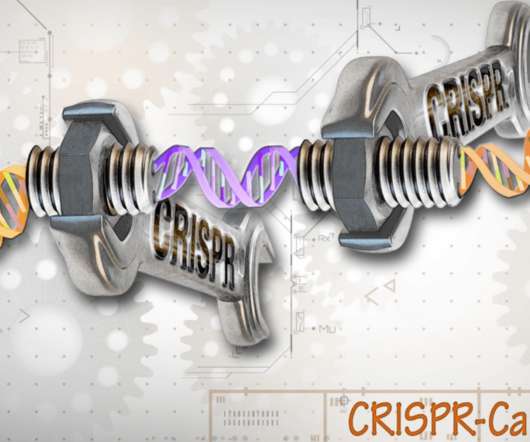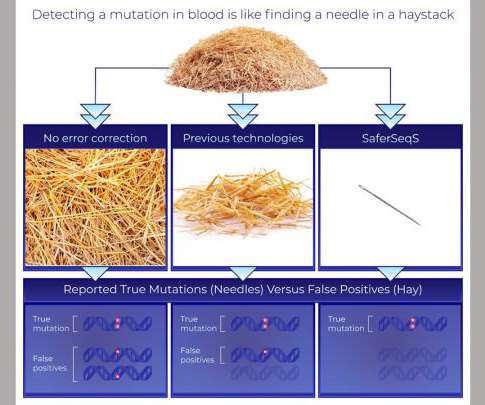FDA approves first liquid biopsy test that uses advanced gene sequencing
Bio Pharma Dive
AUGUST 10, 2020
The test, developed by Guardant Health, combines next-generation sequencing with a cancer blood test.

Bio Pharma Dive
AUGUST 10, 2020
The test, developed by Guardant Health, combines next-generation sequencing with a cancer blood test.

pharmaphorum
NOVEMBER 3, 2020
Ring Chromosome 20 Syndrome, or (R)20, is an ultra-rare form of epilepsy with a devastating impact – yet despite huge leaps forward in gene sequencing in recent years, diagnoses are going down instead of up. Unlike with many similar conditions, a child will develop normally until the seizures start to kick in,” said Allison.
This site is protected by reCAPTCHA and the Google Privacy Policy and Terms of Service apply.

pharmaphorum
FEBRUARY 23, 2022
Takeda has forged another alliance as it continues a push into gene therapy, agreeing a deal worth up to $2 billion with Code Biotherapeutics for opt-in rights to four candidates for rare diseases. The post Takeda grows in gene therapies again with $2bn Code Bio deal appeared first on. Last October it signed a $3.6 billion-plus.

XTalks
DECEMBER 14, 2022
Expanding upon the CRISPR-Cas9 gene editing system, researchers at MIT have designed a new technique called PASTE gene editing that can cut out defective genes and replace them with new genes in a safer and more efficient way. The PASTE gene editing technique was recently published in Nature Biotechnology.

BioSpace
AUGUST 24, 2021
The development of COVID-19 vaccines, which took only months from the initial gene sequencing to the time shots were in arms, was the biggest story of 2020 alongside the pandemic itself.

BioPharma Reporter
JULY 11, 2023
A new genetic sequencing technology from Element Biosciences has helped researchers from the Translational Genomics Research Institute (TGen), part of the City of Hope, identify the likely genetic causes of disorders in six of nine children from Sonora, Mexico.

Scienmag
MAY 4, 2021
Credit: Elizabeth Cooke Next-generation gene sequencing (NGS) technologies –in which millions of DNA molecules are simultaneously but individually analyzed– theoretically provides researchers and clinicians the ability to noninvasively identify mutations in the blood stream.
Let's personalize your content